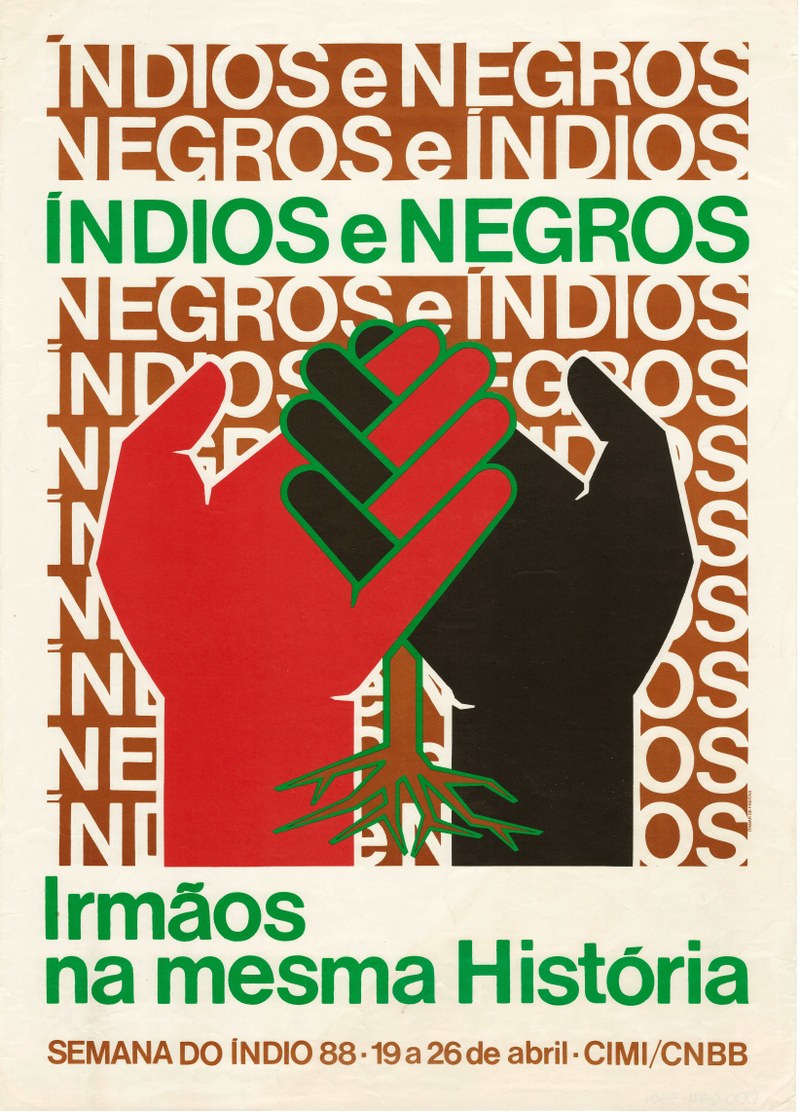
Albuquerque Museum Presents Dictators and the Disappeared: Democracy Lost and Restored
An exhibition exploring the response to political unrest in Latin America.
The Albuquerque Museum proudly presents Dictators and the Disappeared: Democracy Lost and Restored now on view at the museum through February 11, 2024.
What can happen when democracy breaks down? Democracies are fragile, and they rest on certain consensual beliefs and understandings about the roles and responsibilities of representative government. They need constant reinforcement.
The exhibition documents the breakdown of democratic government and the imposition of military dictatorships in the South American countries of Chile, Argentina, Uruguay, and Bolivia during the 1960s, ‘70s, and ‘80s. It also explores how international activists fought to restore democracy in these areas. The exhibition draws heavily on the rich resources available at the Center for Southwest Research at the University of New Mexico, featuring posters, political ephemera, books, the voices of human rights activists along with historic sounds and music, and brightly colored patchwork textiles from across Latin America. These varying media highlight the years of struggle and hope experienced in South America and beyond.
This exhibit coincides with the 50th anniversary of the September 11, 1973, coup d’état in Chile that toppled Chile’s democratically-elected Socialist government and ushered in seventeen years of brutal dictatorship and repression. The regime of terror instituted by Chile’s military junta, led by General Augusto Pinochet, was similar to those across the Southern Cone (Argentina, Uruguay, Paraguay, Chile, and Bolivia). Military dictatorships were also imposed in Brazil in 1964 and lasted two decades. In time, protests and activism built in these countries against dictatorial rule. Agitation for the restoration of constitutional democracy grew incrementally, supported by local, regional, and international organizations, solidarity groups, and persons in exile. By 1990, when Chile began its transition back to democracy, all of the region’s countries had—in varying degrees—repudiated the military-authoritarian model.
While the assault on democratic institutions across the Southern Cone was particular to a time and place, the underlying story is not. In recent years, the world has experienced a broad resurgence of authoritarianism and dismantling of the rule of law. The exhibit thus holds particular relevance for our time.
“The Albuquerque Museum strives to present exhibitions with historic significance that spark conversation and education,” said Andrew Connors, Albuquerque Museum director. “Looking back at those turbulent times, and comparing them to present day events happening in various countries today, this exhibition provides a unique opportunity to examine the similarities between past and current events, and how they might shape the future.”
This exhibit was co-curated by Russ Davidson and Leslie Kim for the Albuquerque Museum. Details are subject to change.
